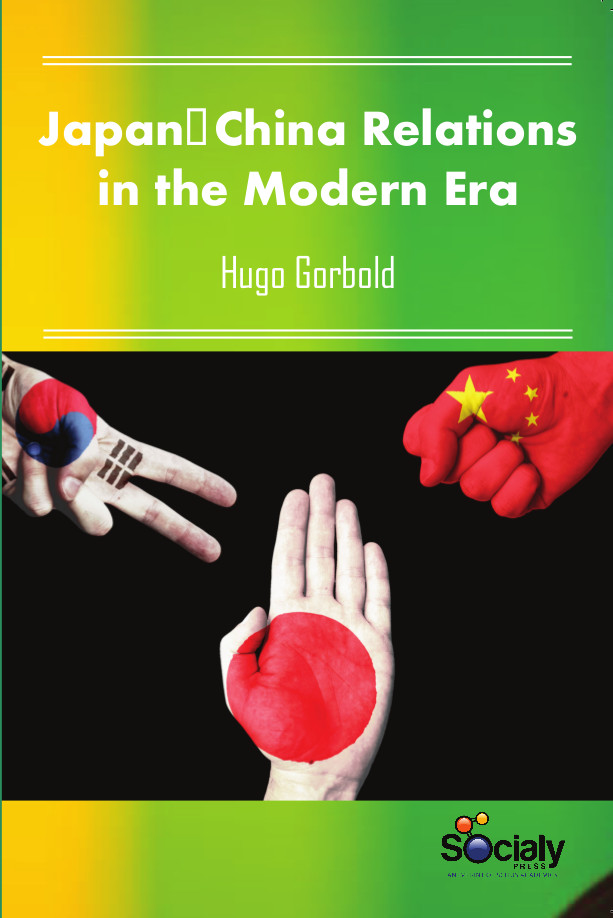Japan and China have a thousand year history of fighting each other. The relationship between the two largest economies in Asia has been distinct by tension during the 20th century due to territorial and political disputes as well as Taiwanese sovereignty; the invasion of China by Japan in the second world war and Japan’s subsequent refusal to acknowledge the extent of its war crimes; territorial disputes surrounding the Diaoyu/Senkaku Islands and related fishing rights and energy resources; and Japanese-American security co-operation. Sino-Japanese relations are of interest to the entire East Asian region due to the fact that Japan and China are the most influential politically, militarily, economically and psychologically regionally as well as in a greater global perspective since they are among the top five economies in the world. In an economic perspective the relations between the two countries heavily affect the possibility of economic cooperation and prosperity in the region. Moreover, Sino-Japanese relations hold key importance for Northeast Asia regional security and need to be considered when looking at the larger picture of security in Asia. From an economic perspective, the Sino-Japanese relation is one of the most important in the world as both states are not only among the most powerful economies, but they are also highly interdependent.
This book examines the transformation of the Sino-Japanese relationship in the Modern Era. It provides a cogent analysis of the politics of the bilateral relationship in the modern era, explaining the past, present and future of Japan-China relations during a time of massive political, social and economic changes. Good Sino-Japanese relations could facilitate increased co-operation, whereas poor relations or a breakdown in state-level relations, on the other hand, could generate conflicts beyond the bilateral relations between Japan and China. In this respect, conflict prevention and conflict management in the relations between China and Japan are not only in the interest of the region but also in that of the international community. This book will be of interest to academics and postgraduate students in Japanese studies, Chinese studies and International Relations.













